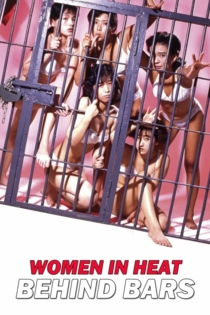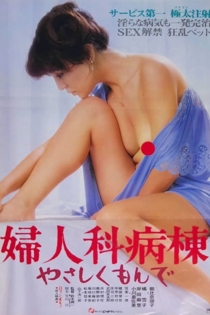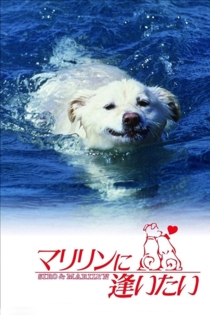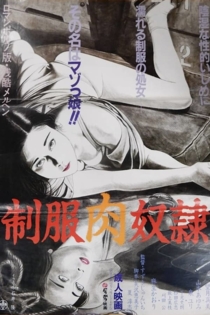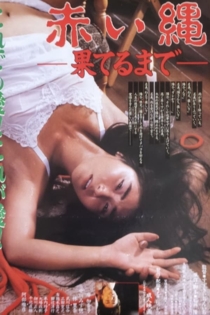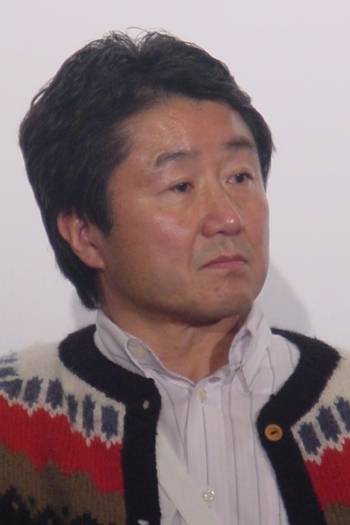
Junichi Suzuki
1952 (73 года)442: Live with Honor, Die with Dignity
Junichi Suzuki
Daniel Inouye
Medal of Honor Recipient George Sakato said with tear, ' I am not a hero. I just killed a lot of people. It's not good. This medal is for the people who couldn't return their homes, not for me.' Even many soldiers who received the decoration still have deep scars in their hearts now. He is the veteran of 442nd Regimental Combat Team in WW2 composed of Japanese Americans, who were at first seen as the problem because of their race, but later seen as problem solvers because of their splendid achievements on the battle field. They had to fight not only the enemy but also prejudice. This is the story of the 442nd and their veterans now and then.
442: Live with Honor, Die with Dignity

MIS Human Secret Weapon
Junichi Suzuki
When the US Army realized its deficiencies in intelligence operations against Japan in WWII, Japanese Americans were secretly trained to be soldiers of the Military Intelligence Service. They showed their patriotism to US, the nation that had caged their families in the internment camps by choosing to fight against the same race. Not only had they tremendously contributed to America's victory, but also to the successful recovery of Japan using their skill in language. However, the US government had kept their existence as a top secret. Who were these soldiers whom called the Human Secret Weapon?
MIS Human Secret Weapon

スキヤキ
Junichi Suzuki
Aki Agarita, Sachiko Hidari
Sukiyaki can be viewed two ways, a popular Japanese cuisine or a gathering of a family. This heart-warming comedy takes place in Yokohama, where the Mihara family owns a restaurant called “Boston Grill”. Experience the ups and downs of this family and learn how they deal with the everyday problems they are faced with during difficult times.
Sukiyaki
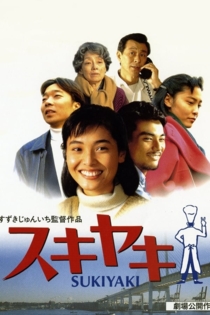
Toyo's Camera
Junichi Suzuki
George Takei, Daniel Inouye
Even though bringing in cameras to the internment camps was prohibited, one man managed to smuggle in his own camera lens and build a camera to document life behind barbed wires, with the help of other craftsmen in the camp. That man was Toyo Miyatake, a successful issei (first generation immigrant) photographer and owner of a photo-shop in the Los Angeles Little Tokyo district, and of one of the many Americans who was interned with his family against his will. With his makeshift camera, Miyatake captured the dire conditions of life in the camps during World War II as well as the resilient spirit of his companions, many of whom were American citizens who went on to fight for their country overseas. Miyatake said, "It is my duty to record the facts, as a photographer, so that this kind of thing should never happen again."
Toyo's Camera
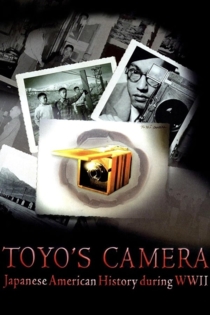
Wa-shoku ~Beyond Sushi~
Junichi Suzuki
Noritoshi Kanai, Katsuya Uechi
This feature documentary film shows the past and the future of Wa-Shoku that these men and women created and how they maintained the essential traditional qualities of Japanese food.
Wa-shoku ~Beyond Sushi~
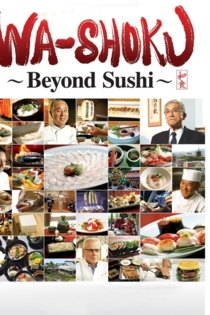
令嬢肉奴隷
Junichi Suzuki
Rei Akasaka, Aki Hayasaka
In a summer in Shonan village, Sumiko is the daughter of an important upper-class Shikishima family, she loves to paint pictures, is going through a cooling-off of an arranged marriage that did not work out. However, she feels attraction for Nishina a rough and obscene man ... On the other hand, the younger sister, Naomi Sumiko is envious of her sister for her beauty. Naomi feels ugly since all men seem to like Sumiko. Both sisters then become embroiled in a major problem in discovering the real intentions of Nishina, a man who hides behind a mask to rape women.
On the Beach
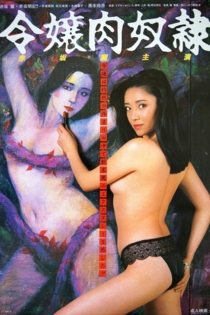
Kosumosu
Junichi Suzuki
Megumi Matsushita, Mari Natsuki
Akiko returns to her home village in Japan after seven years in South America, where she contracted AIDS from a blood transfusion. The town, thick with paranoia, is quick to ostracize the ailing Akiko. With only her best friend and her mom in her corner, Akiko suffers awful discrimination at school and at home.
Remembering the Cosmos Flower
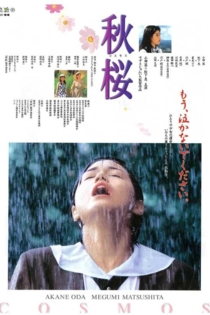
クロスロード
Junichi Suzuki
Tao Okamoto, Keiji
Tatsuru Sawada works as an assistant cameramen. He spends his days just wasting away. To change himself, he joins the Japan Overseas Cooperation Volunteers. At the training camp. he causes trouble. He opposes Kazunari Hamura and frequently breaks the rule at the camp. Tatsuru and Kazunari are then sent to the Philippines with Shiho Nomura . Even in the Philippines, Tatsuru and Kazunari do not get along as well. One day, Tatsuru goes to Baguio to take a picture. There, he meets a boy named Noel and his older sister Angela. He worries about the situation in the Philippines. He feels helpless and goes back to Japan. 8 years later, Tatsuru and Kazunari meet again in the Tōhoku region where the great earthquake and tsunami occurred.
Crossroads
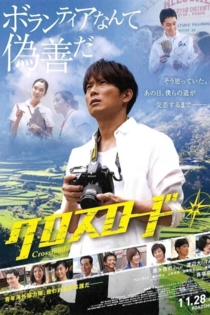
女教師狩り
Junichi Suzuki
Yuki Kazamatsuri, Yôko Azusa
A moonlight skinny-dipping session between two carefree high schoolers leads to a young boy being accused of a violent assault on his female classmate. After throwing a teacher to the ground, he stomps out of the school gates and spends his summer break roaming a beachside town. Falling down a rabbit hole into a dark, oppressive world of sex and violence, he is taken in by a bar-owner and his libidinous mistress. Meanwhile, the teacher he assaulted hunkers down in a rented villa in the same coastal resort, awaiting a secret tryst with her married lover. What will happen when the student and teacher meet again?
Female Teacher Hunting
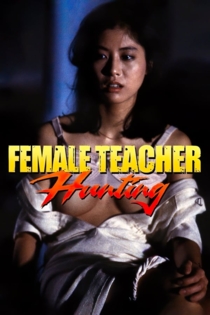
宇能鴻一郎の濡れて騎る
Junichi Suzuki
Junko Asahina, Reiko Natsu
Yoko is a housewife who's frustrated by her husband's lack of virility. She finds solace in erotic daydreams, the ministrations of a condom salesman and, eventually, the partner-swapping lifestyle.
Koichiro Uno's Wet and Riding
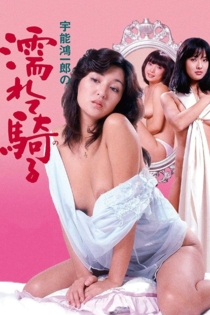
檻の中の欲しがる女たち
Junichi Suzuki
Shinobu Wakana, Tomomi Segawa
Japanese women in prison film from 1987. Shinobu Himeno is arrested and thrown into Asahi Female Prison for being an unwilling accomplice in a jewelry store robbery. She’s to serve her sentence in the infamous Cell Block 21, a dismal area full of tough, sex-starved women. Himeno is bullied and abused by inmates and guards and, after being framed for starting a fight, is taken away and tied up by the prison’s infamous Mr. Kiya. Through flashbacks, we discover why many of the women have been locked up here and soon, in one great act of defiance, they rise up to overtake the prison in a bloody, violent riot! Can the shy Himeno ever escape this living hell?
Women in Heat Behind Bars
